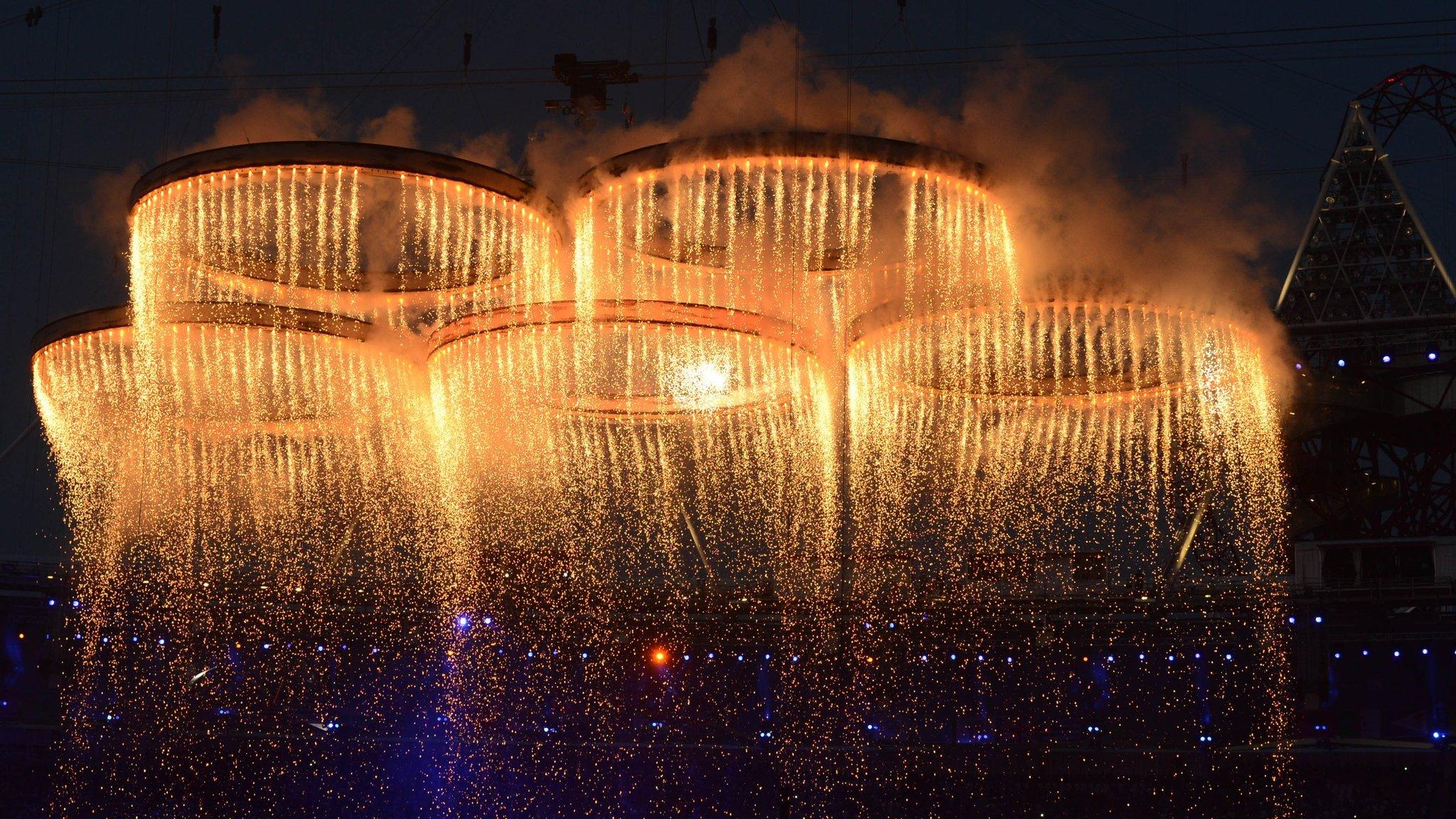Pyeongchang 2018: Russia remains banned from Winter Paralympics
- Published
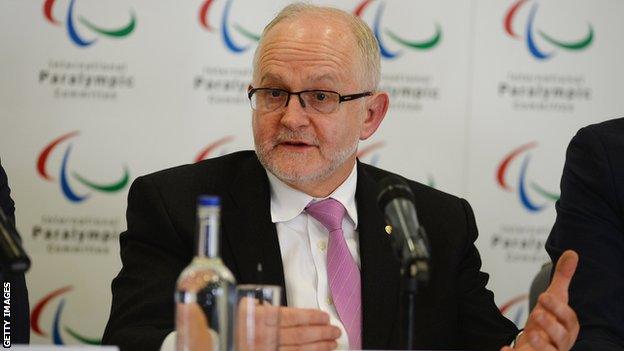
Outgoing IPC president Sir Philip Craven said Russia had made a "significant transformation" in their approach to anti-doping
Russia remains suspended from competing at the 2018 Winter Paralympics in Pyeongchang after the International Paralympic Committee upheld the ban.
The IPC made the decision on Wednesday with a further review later this year, but said that athletes could compete under a neutral banner.
Russia was banned from all Paralympic competition by the IPC in August 2016 after revelations of systematic doping.
The Winter Paralympics begin in South Korea on 8 March, 2018.
The IPC will conduct another review in November after the World Anti-Doping Agency (Wada) Foundation board meeting and two scenarios are possible.
The ban could be lifted, in which case Russian athletes who have qualified would be free to compete for their country at the 2018 Games, or the ban could be continued.
In the case of the ban being continued - it would be up to the newly elected IPC governing board, with a new president to be elected on Friday, to decide whether select athletes could compete at the Winter Paralympics as neutral athletes.
In the interim period, Russian athletes can compete as neutrals in qualification events across four sports - alpine skiing, biathlon, cross-country skiing and snowboard.
In December 2016, the IPC created an independent taskforce which has set the Russian Paralympic Committee (RPC) a number of conditions that must be met before their athletes can return to competitive disability sport events run by the IPC.
In an update to the IPC governing board on Sunday, 3 September, the taskforce highlighted that seven key measures still need to be met before it is able to recommend the reinstatement of the RPC.
The seven key measures are:
The finalisation of the RPC Anti-Doping Rules, to be approved by the taskforce.
The approval of the RPC's constitution by the IPC membership department.
Completion of all budget-related aspects of the reinstatement criteria.
The provision and confirmation of certain additional information by the RPC regarding personnel and governance (reinstatement criteria 10 and 14.2), as specified by the taskforce.
The provision of further information relating to the composition of the RPC board, to be defined by the taskforce (reinstatement criterion 12).
The full reinstatement of the Russian Anti-Doping Agency (Rusada) by the World Anti-Doping Agency (Wada).
The provision of an official response specifically and adequately addressing the findings made by Professor McLaren.
Outgoing IPC president Sir Philip Craven said both the IPC governing board and IPC taskforce were "impressed and encouraged" by the progress the Russian Paralympic Committee had made in meeting the reinstatement criteria since May.
But the chair of the IPC taskforce, Andy Parkinson added that there were still "major concerns" regarding the provision of an official response from the Russian authorities that adequately addresses the findings in the initial McLaren report.
- Published22 May 2017
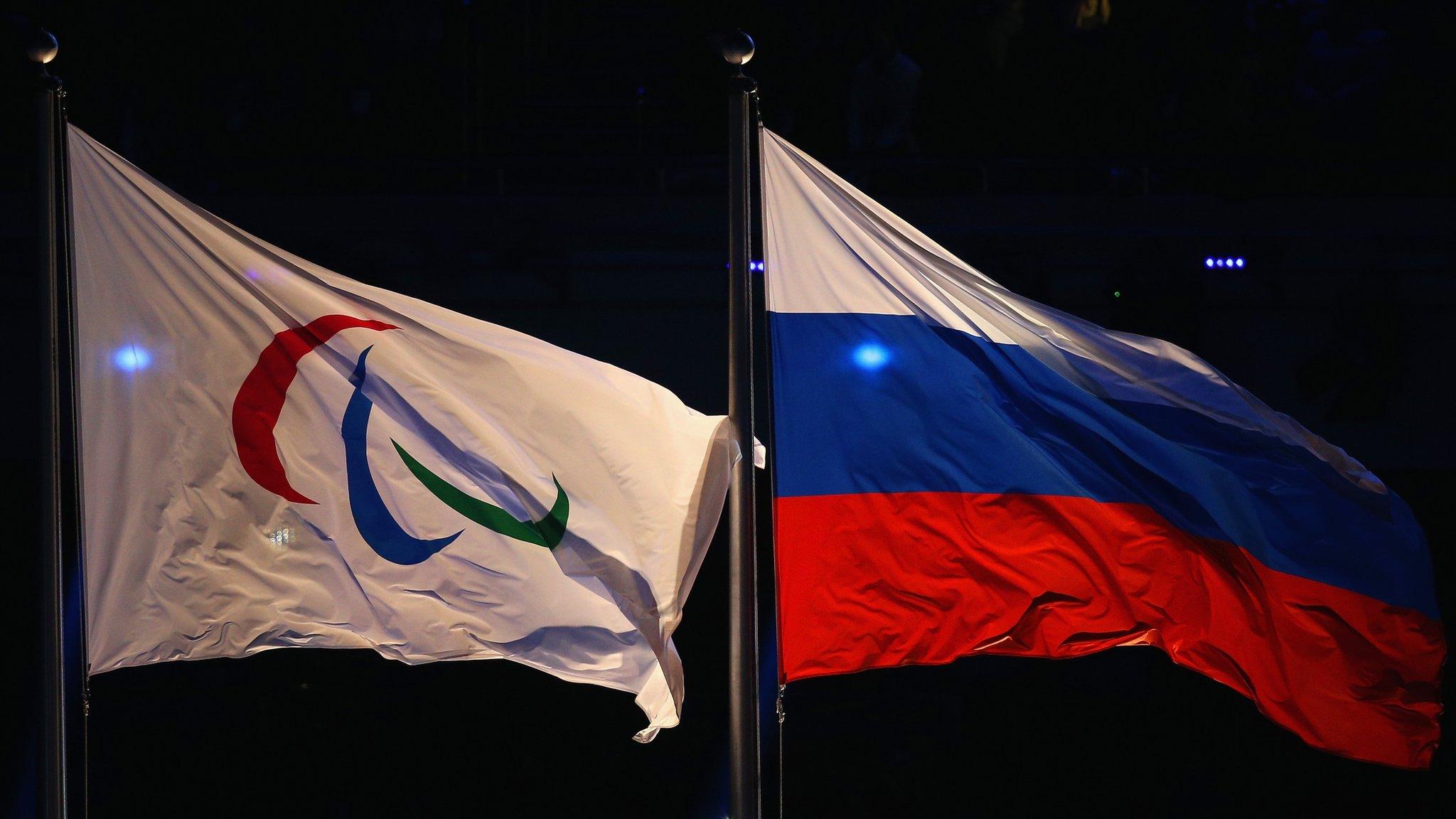
- Published6 February 2017
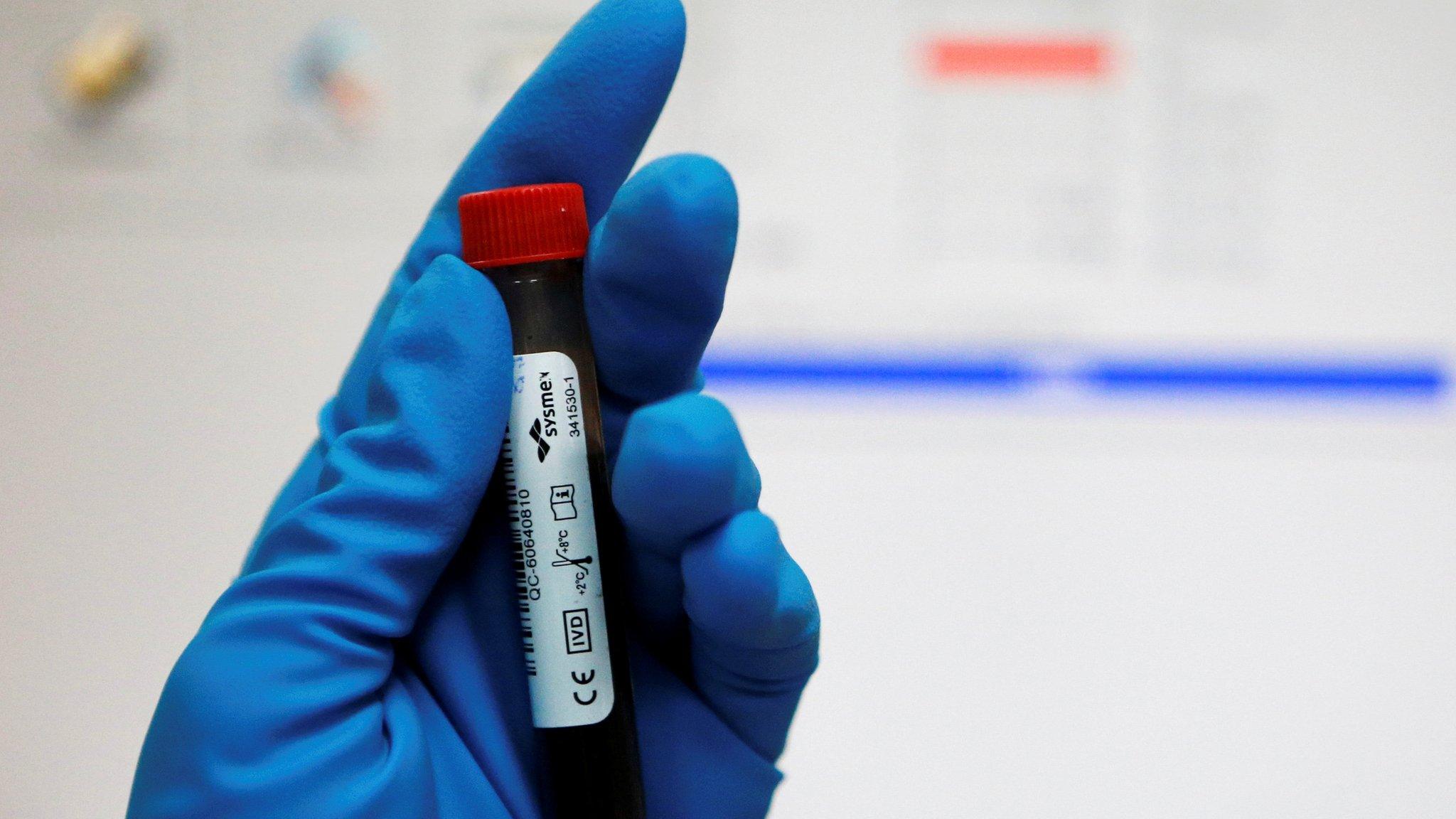
- Published8 August 2016
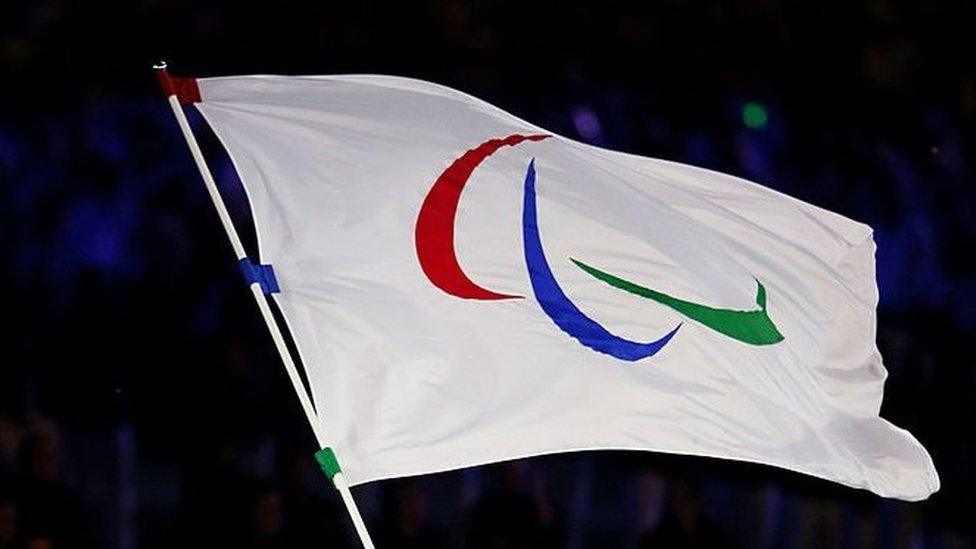
- Published9 December 2016
